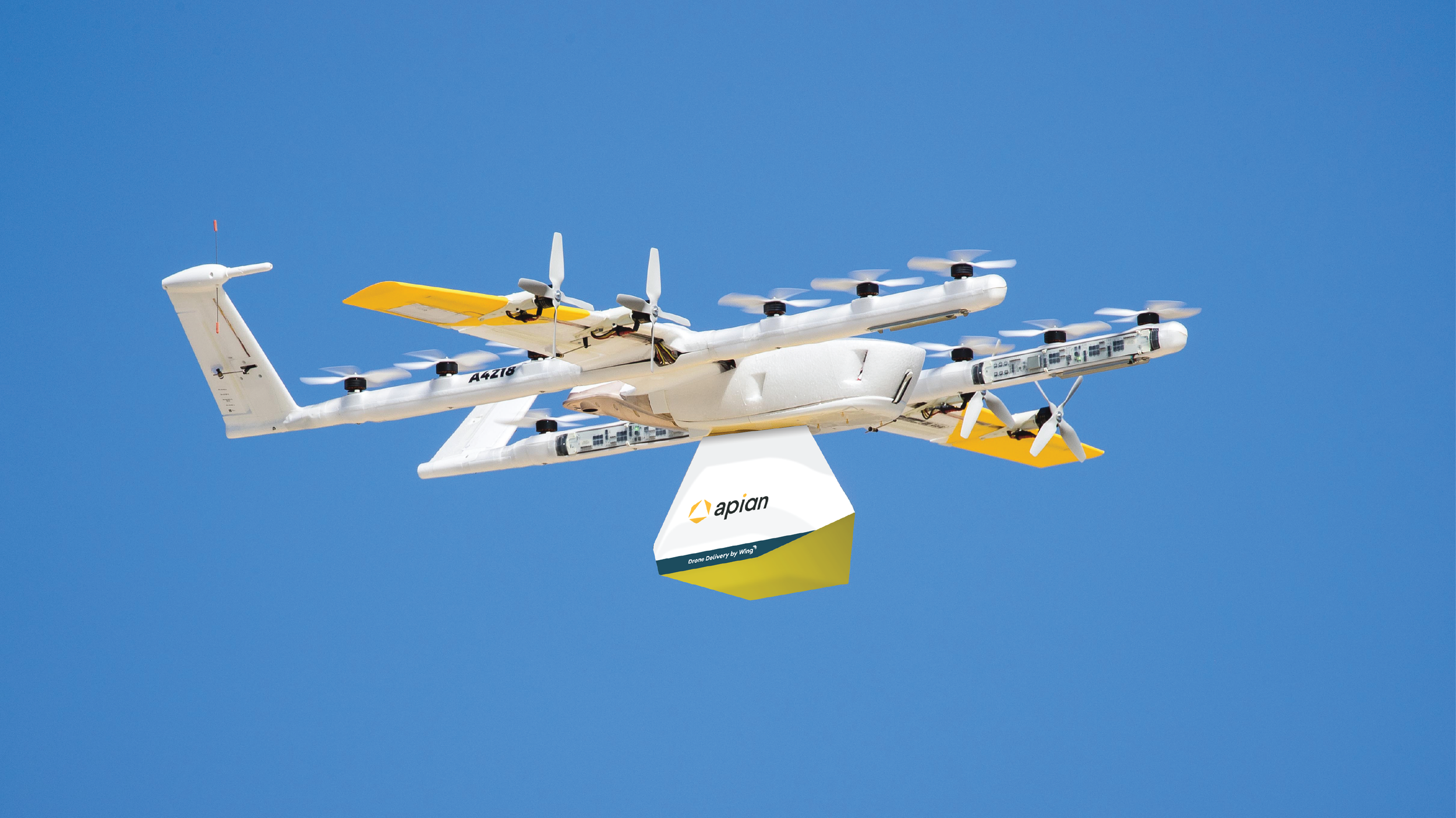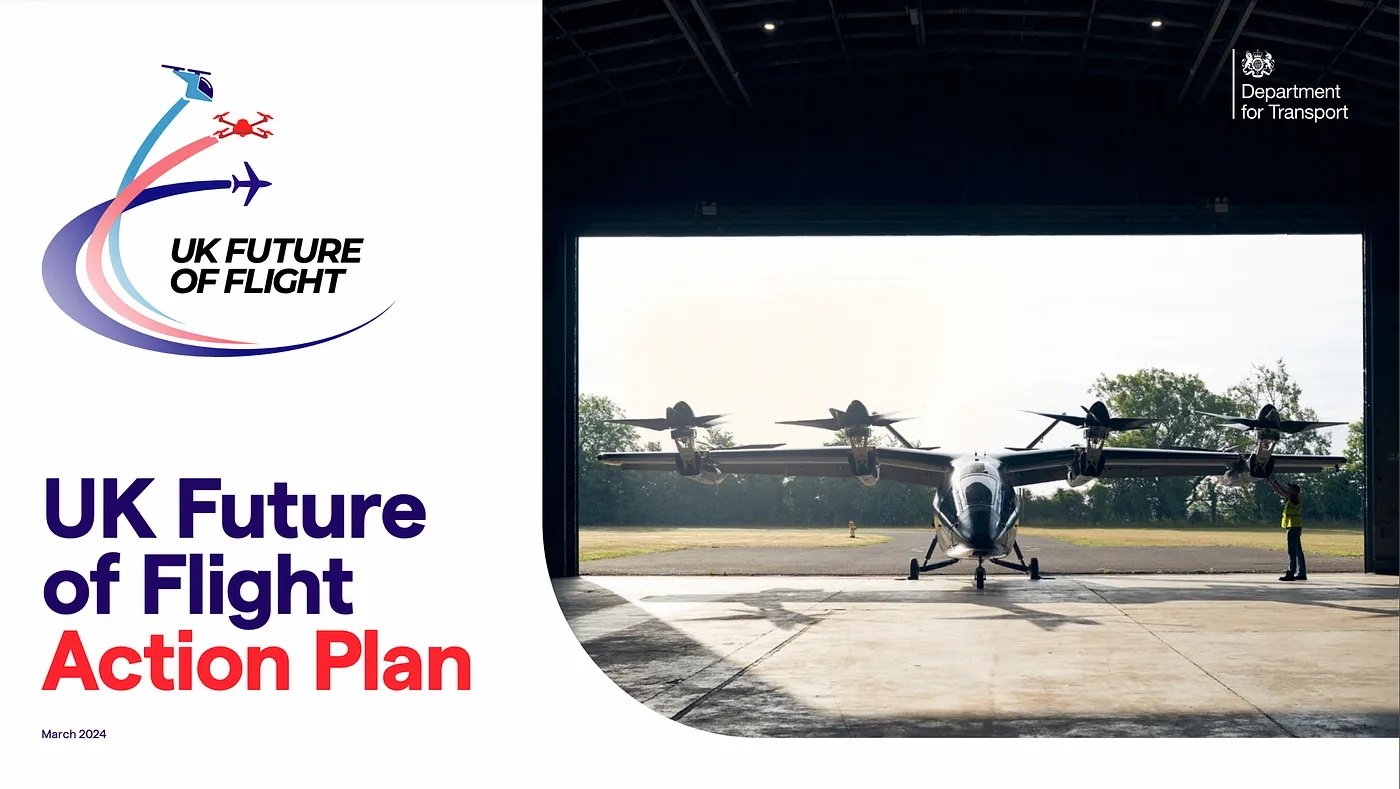News

NHS delivery drones take flight offering faster and greener patient care
Medical drone delivery service for Guy's and St Thomas' NHS Foundation Trust, in partnership with Apian and Wing, now up and running following successful first flights.

NHS blood samples to be delivered by drones in London first
Urgent blood samples will be transported by electric drones in a medical delivery service which aims to improve patient care by speeding up turnaround times.

Wing drones to deliver medical supplies to Dublin hospitals
Wing and Apian have partnered with Blackrock Health and St. Vincent’s Private Hospital in Dublin along with leading healthcare technology company, Medtronic to launch an innovative drone delivery trial demonstrating the benefits drones could offer in healthcare logistics.


Soaring High: Celebrating Women in the Drone Industry on International Women's Day
Louisa Smith, Chief Aviation Officer and Juliet Bauer, Chief Commercial Officer of Apian discuss why IWD is so important for women working in traditionally male dominated industries.
